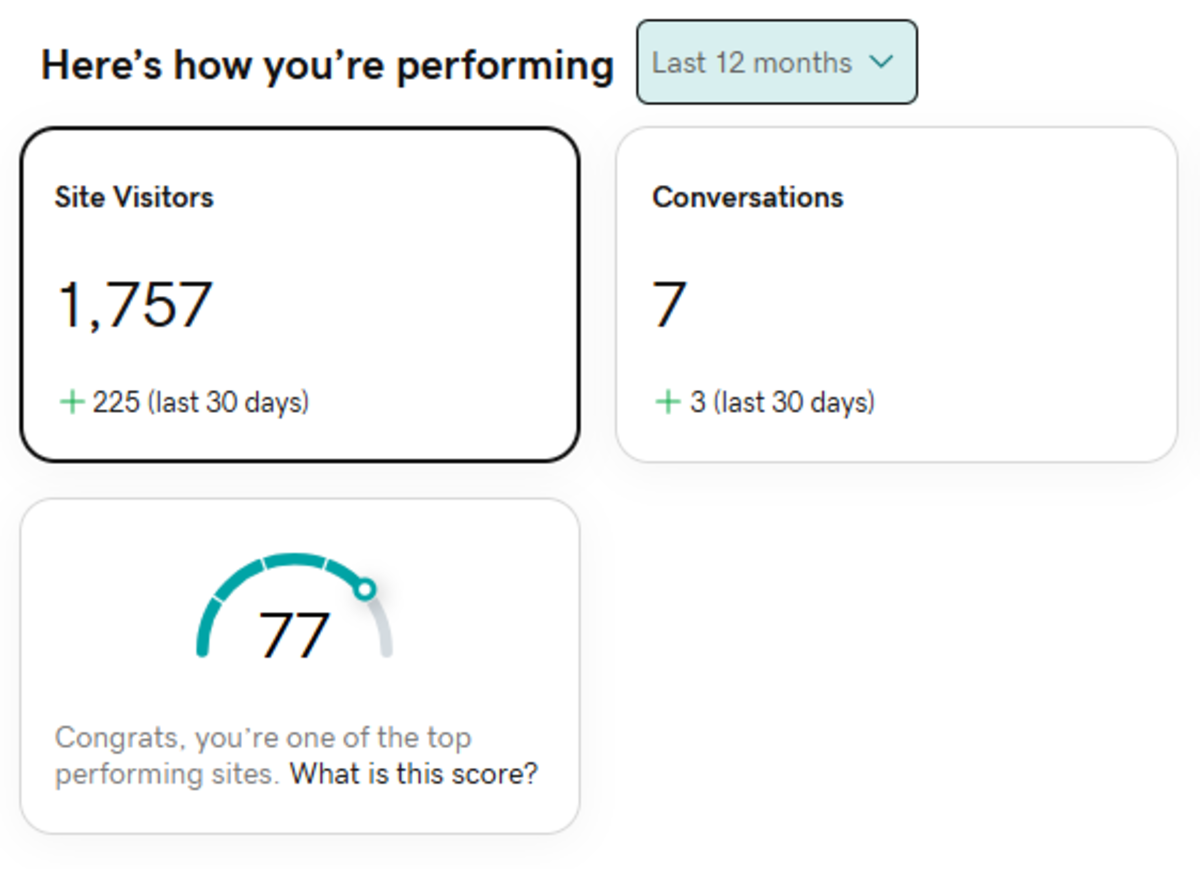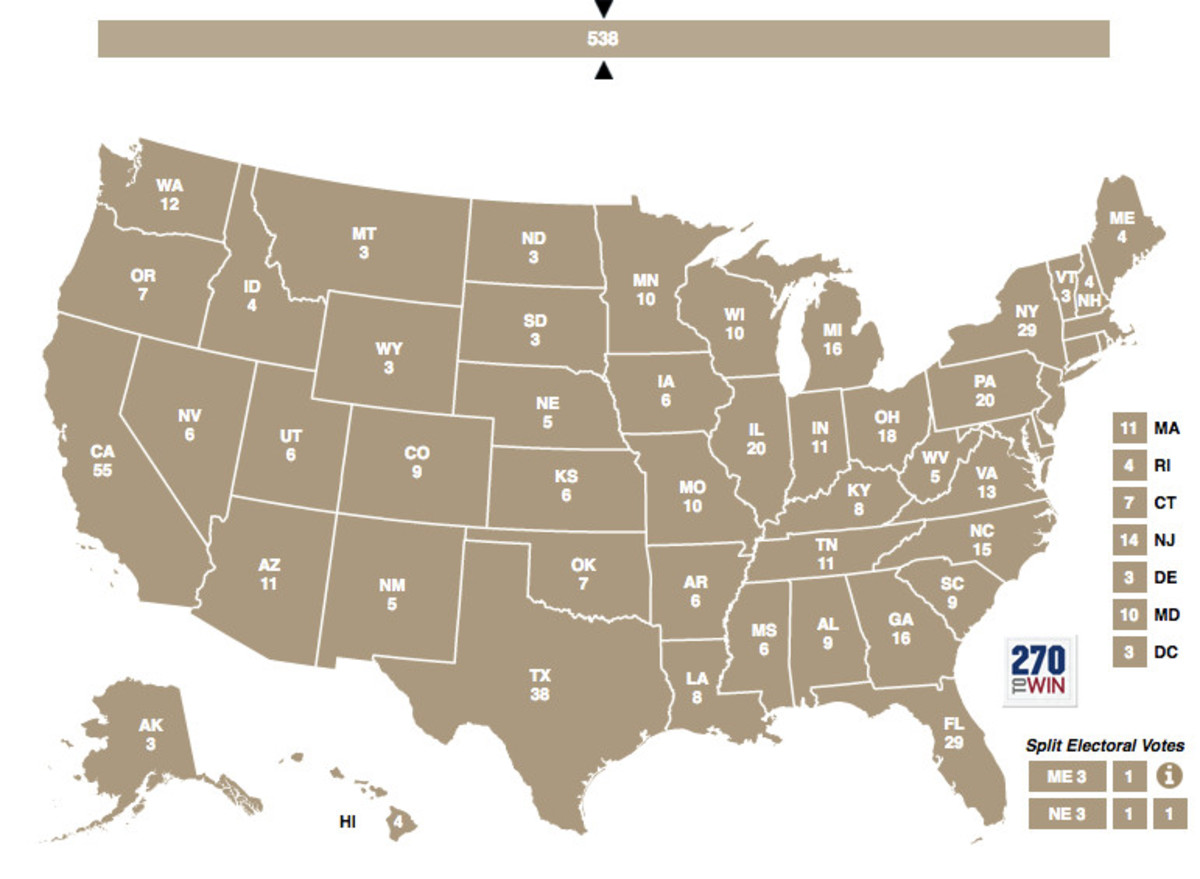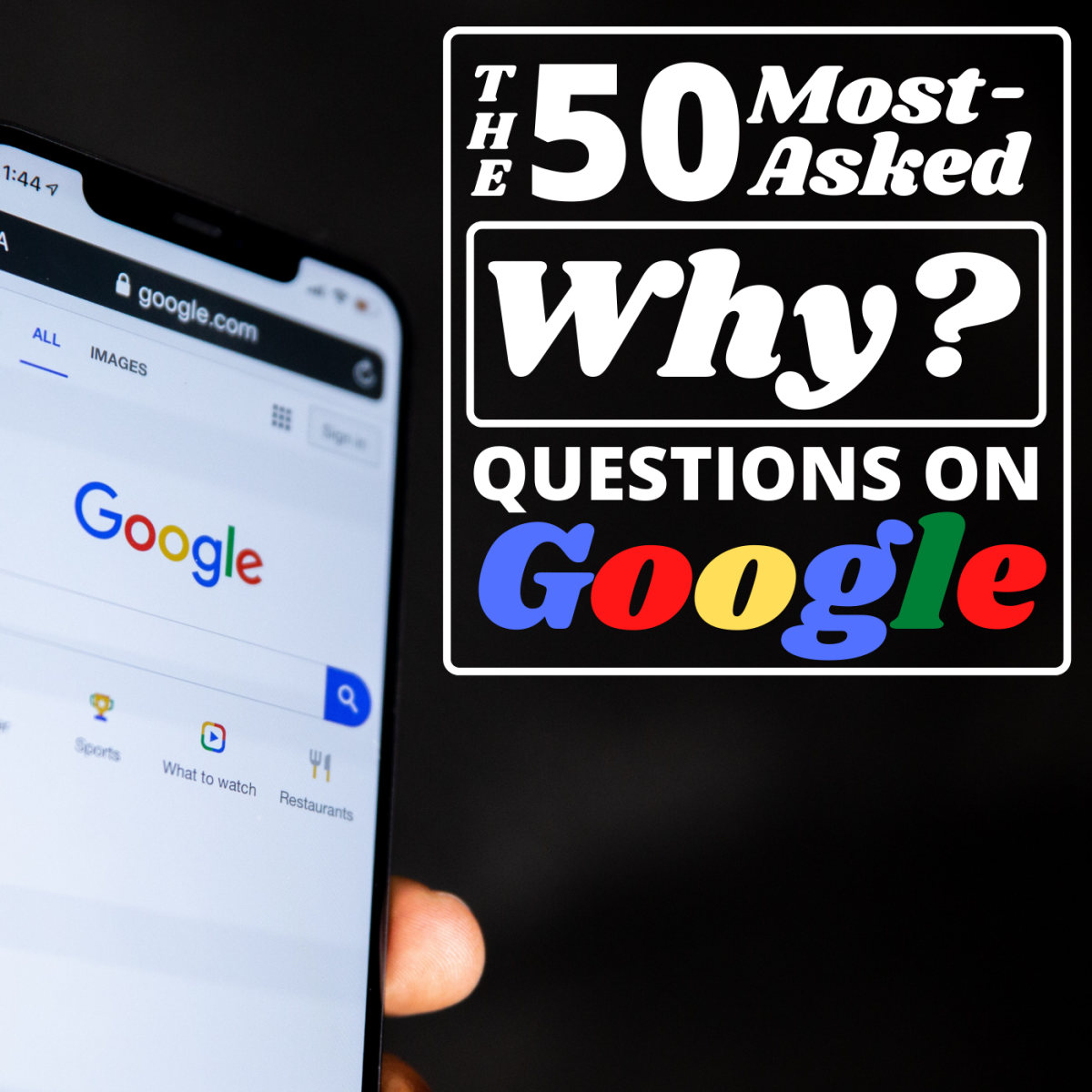The Arguments For And Against Article Spinning Software

The Argument For Article Spinning
Article syndication is without doubt one of today’s most effective online marketing tactics. It’s a great way to enhance your reputation as a knowledgeable expert and build top quality back links that drive first page search engine rankings and targeted readers. However, some say that sophisticated duplicate content filters now employed by search engines have complicated the traditional process and that article spinning is now an essential part of article marketing.
The traditional approach to article marketing would be to write one article and syndicate it through multiple article directories and syndication sites. This is where the pro article spinning advocates say the process falls of the rails due to duplicate content issues. The end result would be that only one article would be returned for a relevant search query, probably the one hosted on the most authoritative site or with the greatest amount of inbound links. The rest would be filtered out so that search engine users would be presented with a selection of unique results rather than the same page over and over again. This is absolutely true, search engines filter duplicate content to make it easier for users to locate the information they are seeking and thus heighten user experience.
Article spinning software has improved over time, the original spinners were capable of little more than synonym substitution which produced gibberish. Modern spinners can produce grammatically correct documents and each spun article is capable of passing plagiarism checks of online tools such as Copyscape. Again those advocating article spinning attest this uniqueness is further proof that spun content will fly under the radar of search engine duplicate content filters allowing multiple rankings and greater visibility.
The argument for article spinning sounds entirely convincing, everything is backed up with solid facts based on an accepted understanding of how search engines work. How then are those anti to this marketing tactic going to respond?
The Argument Against Article Spinning
The way search engines read web pages is entirely different to humans. In order to judge each page objectively stop words and punctuation are removed and the remaining words are reduced to their root. Root words are words which other closely related words stem from for example photograph, photographer, photographed, photographic etc. all come from the single common root ‘photograph’. This process, known as document normalization, produces one continuous block of text that is completely incomprehensible to human readers. Below is what this paragraph would look like after the normalization process has been applied.
search engine read web page entir differ human order judg page object stop word punctuat remov remain word reduc root root word word close relat word stem example photograph photograph photograph photograph singl common root photograph process known document normal produc continu block text complet incomprehens human reader below paragraph look like normal process appli
By removing stop words the number of words in an article is reduced by around 40% and with it goes the ability to spin a large part of the document. Furthermore, as you can see from the above example photograph, photographer, photographed and photographic are all reduced to photograph, this further reduces the ability of article spinners to produce truly unique content because a significant amount of substitute words will return to the same root. The document normalization process poses some serious problems for article spinners.
Copyscape is looking for a literal match that includes sentence and paragraph structure as well as punctuation which makes it much easier to fool than Google for example. Much emphasis is being placed on the ability to fool Copyscape and similar online tools, however they have little in common programmatically and serve entirely different purposes.
There are occasions where multiple Google positions will be occupied by spun articles. This does not prove that article spinning works, rather it indicates that the query being searched is non competitive and there is not enough unique pages targeting the term. When this happens Google will permit content that would normally be filtered to populate their main results.
The Article Spinning Challenge
The argument will probably continue unabated unless some definitive proof emerges that proves the value of article spinning one way or the other. To this end two Internet marketers have set themselves a challenge - to see who can achieve the highest number of first page Google rankings for the term ‘Article Spinning’ by the end of May 2010. If you are interested in following the progress of this challenge an up-to-date progress report can be found at the Article Spinning Challenge Hub.
And yes I am one of the challengers, I am attempting to rank for ‘article spinning’ without spinning any articles in the process.
N.B. No articles were spun or harmed in any way in the production of this hub!








